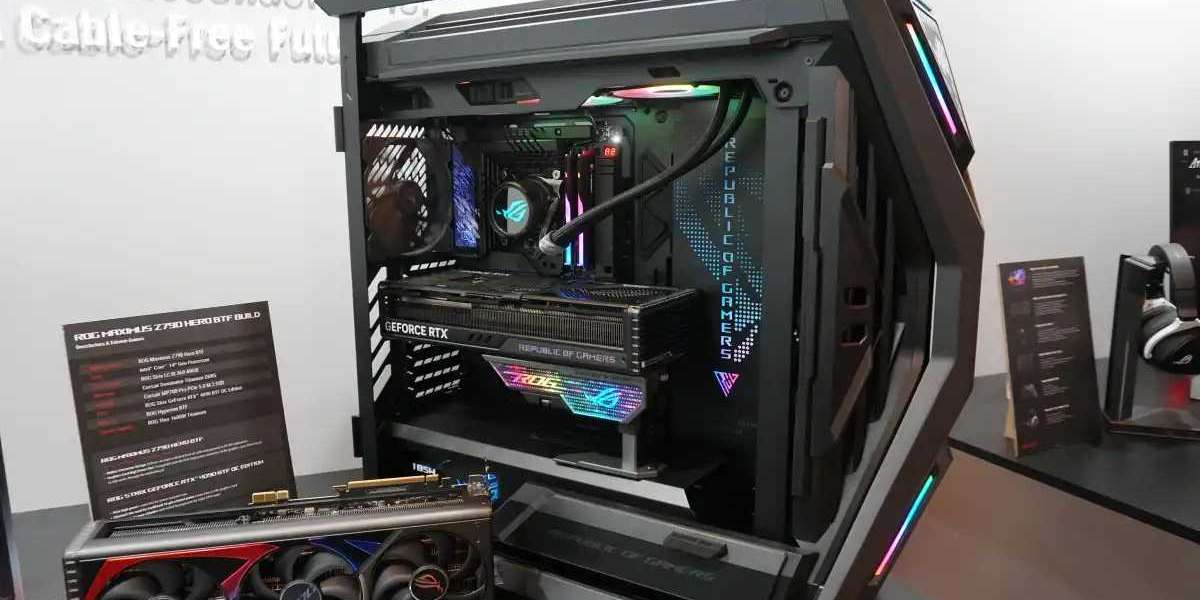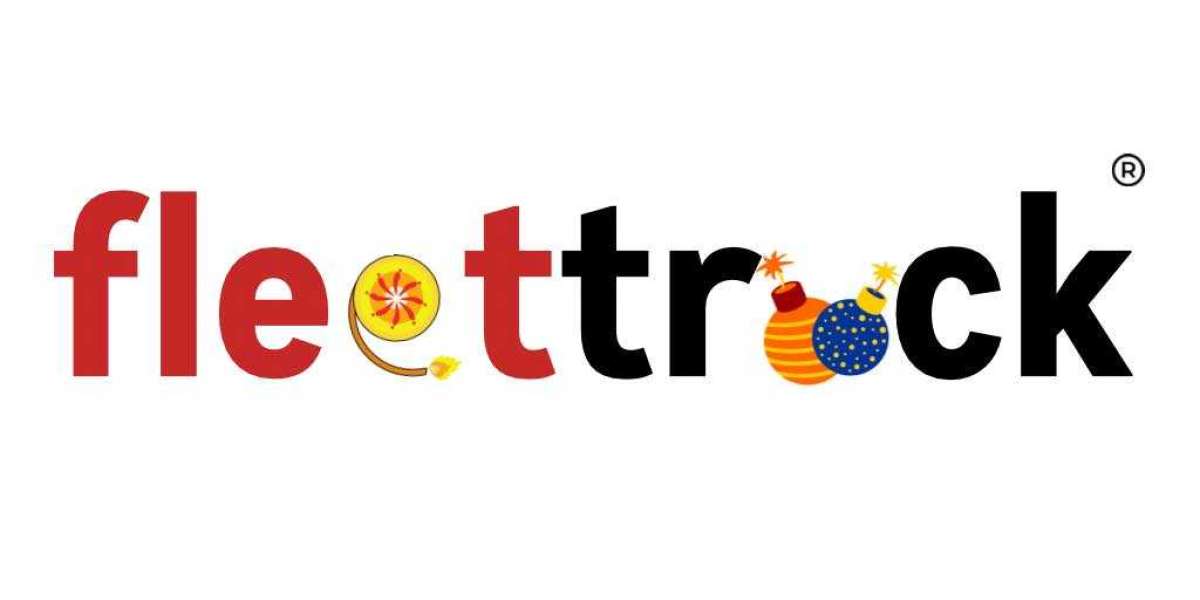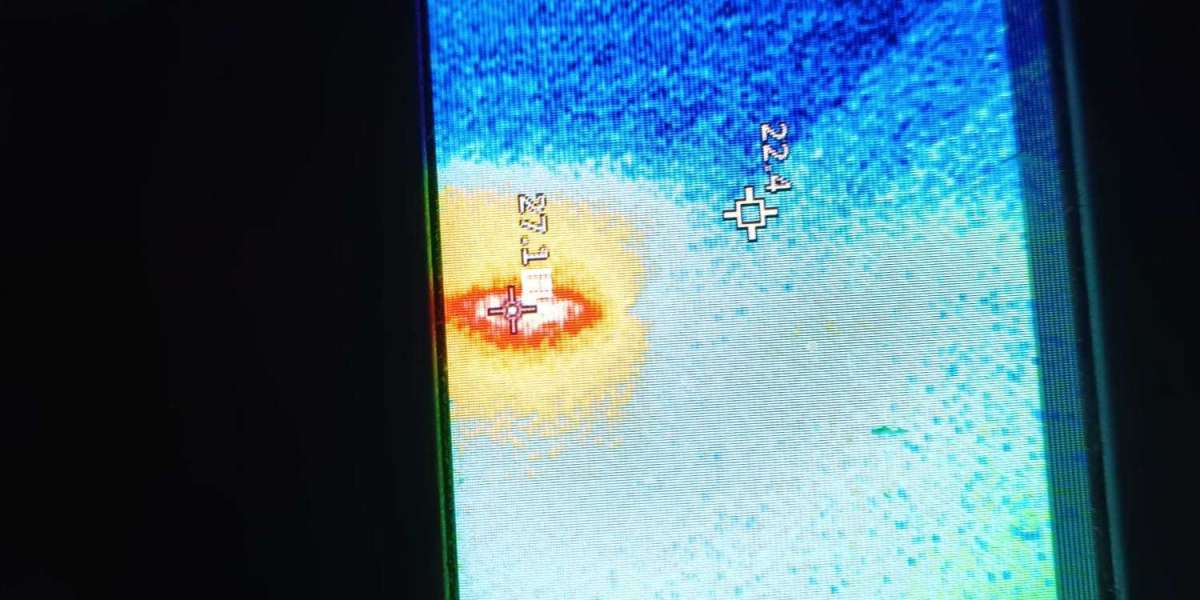In the ever-evolving landscape of computer hardware, staying up-to-date with the latest trends is essential for both technology enthusiasts and professionals alike. From advancements in processing power to innovations in storage solutions, this blog delves into the cutting-edge trends shaping the world of computer hardware. Fusion hardwares is the best option to buy the components for your pc.
The Rise of Artificial Intelligence (AI) Chips
AI Accelerators
As artificial intelligence continues to revolutionize various industries, specialized hardware accelerators designed for AI workloads have gained prominence. These AI chips, such as NVIDIA's GPUs and Google's TPUs, are optimized for tasks like machine learning, deep learning, and neural network inference, offering unparalleled performance and efficiency.
Edge AI Processors
With the proliferation of edge computing and IoT devices, there is a growing demand for AI processing capabilities at the network edge. Edge AI processors, such as Intel's Movidius and Qualcomm's Snapdragon Neural Processing Units (NPUs), bring AI inference capabilities directly to the device, enabling real-time decision-making and intelligent data processing without relying on cloud services.
Quantum Computing: A Glimpse into the Future
Quantum Supremacy
Quantum computing represents a paradigm shift in computing power, offering the potential to solve complex problems that are currently intractable for classical computers. Recent breakthroughs, such as Google's achievement of quantum supremacy with its Sycamore processor, have propelled quantum computing into the spotlight, sparking excitement and anticipation for its transformative impact on various fields, including cryptography, drug discovery, and optimization problems.
Commercialization Efforts
While practical quantum computers are still in the early stages of development, there has been a surge in commercialization efforts by companies like IBM, Microsoft, and D-Wave Systems. These efforts aim to make quantum computing more accessible to researchers, developers, and enterprises, laying the foundation for a quantum-powered future.
Evolving CPU Architectures
RISC-V: Open-Source Innovation
RISC-V, an open-source instruction set architecture (ISA), has gained traction as a promising alternative to proprietary CPU architectures like x86 and ARM. With its modular design and customizable features, RISC-V offers flexibility, scalability, and cost-effectiveness, making it an attractive option for a wide range of applications, from embedded systems to high-performance computing.
Neuromorphic Processors
Inspired by the structure and function of the human brain, neuromorphic processors are designed to mimic the parallel processing and energy efficiency of biological neural networks. Companies like Intel and IBM are exploring neuromorphic computing as a means of achieving highly efficient, brain-inspired computation for tasks like pattern recognition, sensor processing, and cognitive computing.
Storage Innovations: Beyond SSDs
Storage Class Memory (SCM)
Storage class memory, also known as persistent memory or non-volatile memory (NVM), represents a new class of storage technology that combines the speed of RAM with the persistence of traditional storage devices. Technologies like Intel's Optane and Micron's 3D XPoint promise to bridge the gap between volatile and non-volatile memory, offering ultra-fast, high-capacity storage solutions for data-intensive workloads.
DNA Data Storage
In a groundbreaking intersection of biology and computing, researchers are exploring DNA as a potential storage medium for digital data. DNA offers unparalleled storage density, longevity, and stability, making it an attractive candidate for archival storage applications. While still in the experimental stages, DNA data storage holds the promise of storing vast amounts of data in a fraction of the space required by conventional storage technologies.
Conclusion: Embracing the Future of Computing
As we navigate the ever-changing landscape of computer hardware, it's clear that the future holds boundless possibilities for innovation and advancement. From AI accelerators and quantum computing to novel CPU architectures and storage solutions, the latest trends in computer hardware are shaping the way we compute, communicate, and interact with technology. By staying informed and embracing these emerging technologies, we can unlock new opportunities and drive progress in the digital age.






